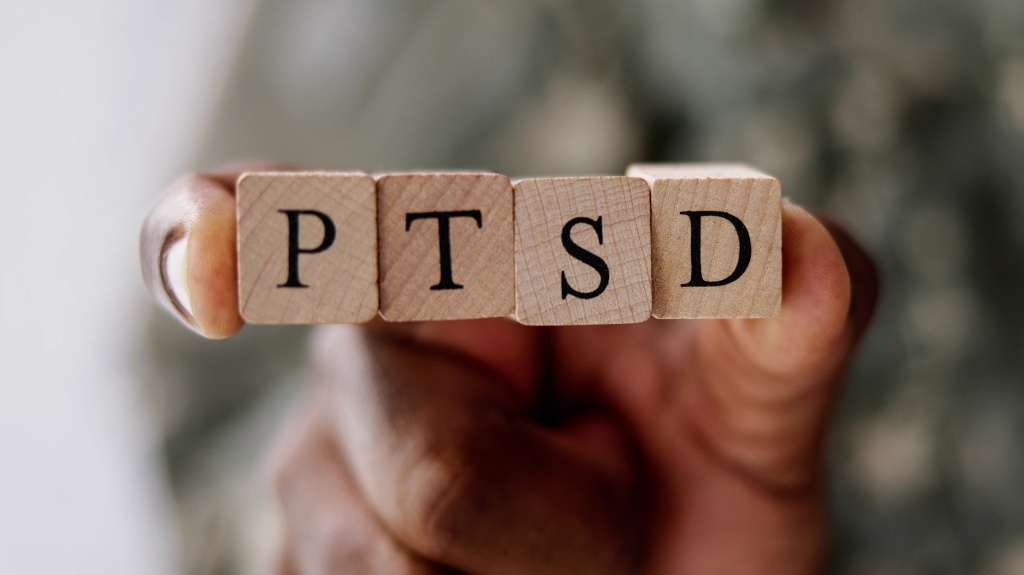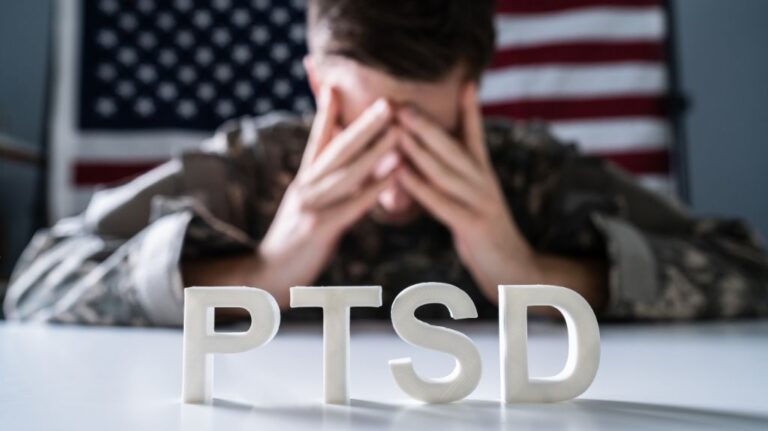How to Obtain VA Disability Benefits for PTSD Without Combat Experience

When people think of PTSD (Post-Traumatic Stress Disorder) in veterans, they often associate it with combat experience. However, many veterans develop PTSD due to non-combat related stressors, such as military sexual trauma (MST), accidents, or other traumatic events. The VA acknowledges these experiences and provides disability benefits to veterans suffering from PTSD, regardless of whether they served in combat.
This guide will help veterans understand how to qualify for VA disability benefits for PTSD without combat experience, focusing on MST and other common stressors.
Understanding PTSD in Non-Combat Veterans
PTSD is a mental health condition triggered by experiencing or witnessing a traumatic event. While combat-related stress is a common cause of PTSD in veterans, it’s important to recognize that many veterans develop PTSD from non-combat events during their service.
Non-combat PTSD can result from:
- Military Sexual Trauma (MST)
- Accidents or injuries
- Witnessing violent or life-threatening events
- Physical assault or abuse during service
The VA recognizes these stressors and offers benefits to veterans who develop PTSD as a result of these traumatic events.
Military Sexual Trauma (MST) and PTSD Claims
Military Sexual Trauma (MST) refers to sexual assault or repeated, threatening sexual harassment experienced during military service. MST can happen to any veteran, regardless of gender, and is a leading cause of PTSD in non-combat veterans.
MST-related PTSD claims can be challenging to file due to the sensitive nature of the trauma, and many veterans hesitate to report the incident at the time of occurrence. However, the VA provides specific guidelines for filing PTSD claims based on MST:
- Documentation: The VA understands that MST incidents are often underreported. Therefore, they allow veterans to use alternative evidence, such as medical records, therapy notes, or even statements from family or friends, to support their claims.
- VA Counseling: The VA offers free, confidential counseling and treatment for veterans who have experienced MST, regardless of whether they have filed a disability claim.
- Lack of Official Reports: Even if there is no official record of the MST in military service records, the VA can still approve a claim based on the veteran’s account and corroborating evidence.
Other Non-Combat Stressors That Can Lead to PTSD
Aside from MST, other non-combat stressors can result in PTSD for veterans. Some common non-combat stressors include:
- Serious accidents: Many veterans experience or witness severe accidents during their service, including training accidents or vehicle crashes. These events can be traumatic and lead to PTSD.
- Natural disasters: Hurricanes, earthquakes, or other natural disasters that veterans face during their service can leave lasting psychological effects, causing PTSD.
- Witnessing violence or death: Veterans who witnessed violence, death, or other life-threatening situations during their service, even outside of combat, may develop PTSD.
The VA recognizes these stressors, and veterans can qualify for benefits as long as they can demonstrate a link between their PTSD and the traumatic event experienced during service.
How to File a PTSD Claim Without Combat Experience
Veterans who develop PTSD due to non-combat experiences can apply for VA disability benefits by following these steps:
- Gather Evidence: Veterans should collect any available evidence to support their claim. This may include medical records, personal statements, or letters from mental health professionals who have treated the PTSD.
- Provide a Stressor Statement: Veterans need to submit a personal statement detailing the traumatic event that caused the PTSD. This statement is crucial for establishing a connection between service and PTSD.
- Attend a C&P Exam: Veterans will be required to undergo a Compensation and Pension (C&P) exam to evaluate the severity of their PTSD. The results of this exam will help determine the VA disability rating.
- Seek Support: Veterans can seek help from VA-accredited attorneys or representatives to guide them through the claims process.
Keys to a Successful PTSD Claim
For a PTSD claim to be successful, veterans must provide:
- A diagnosis of PTSD from a qualified healthcare provider.
- Proof of a service-connected stressor, which can include MST, accidents, or other traumatic events.
- Medical evidence showing the connection between the stressor and the current PTSD diagnosis.
Moving Forward With Your PTSD Claim: Take the Next Step
Navigating the VA disability claims process for PTSD can be complex, especially when the trauma isn’t combat-related. Veterans who have experienced MST or other non-combat stressors should not hesitate to seek help in filing their claims.
If you are a veteran suffering from PTSD due to MST or other non-combat-related experiences, you may be eligible for VA disability benefits. Contact VA Benefits Attorneys Powered by Tabak Law for expert guidance in filing your PTSD claim. Our team is committed to helping veterans receive the benefits they deserve. Let us assist you in navigating the claims process—reach out today!







